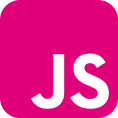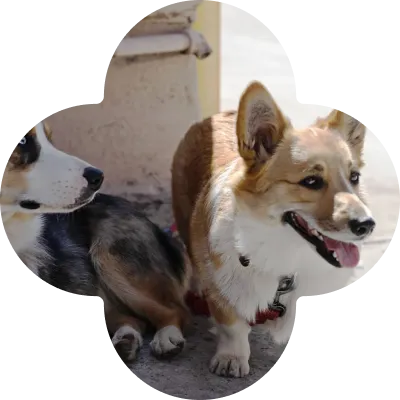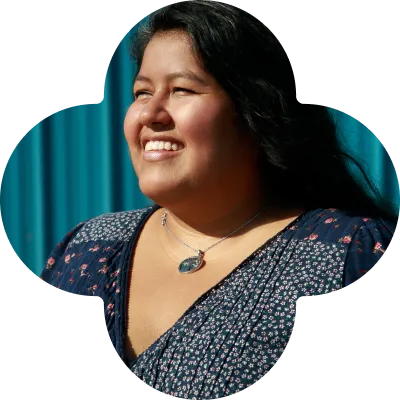Frances
coronel


Who am i
I’m a senior software engineer, a fierce advocate for diversity in tech, and a doting Corgi mom. I am passionate about supporting and uplifting Latinx professionals in tech (especially Latina software engineers), employee resource groups, and software engineering apprentices.
I was born and raised in Norfolk, Virginia, and I identify as Peruvian-American. I currently reside in Ohio with my partner and our two Corgis, Luna and Sueño. I hold a Bachelor’s in Computer Science from Hampton University and a Master’s in Computer Science from Cornell Tech.
Experience
I have over six years of full-time software engineering experience with a heavy focus on product and web frontend development. My specialties are in product & growth engineering, design systems, and accessibility.
At Slack, I currently work on the Lists team which is developing a native project management solution. I previously worked on the Customer Acquisition team where one of my projects resulted in over $80 million in pipeline revenue. For co-founding the Fuego ERG for Latinx employees and uplifting other engineers on my team, I have received numerous praises for my cross-functional leadership capabilities.
Leadership
I've logged 250+ hours of 1:1 mentoring sessions with current and aspiring software engineers. I set up these sessions through referrals in my own network and through organizations like Formation, Fullstack Academy, Springboard, Thinkful and Code2040.
I previously served as the Executive Director for Techqueria, a 501c3 nonprofit serving the largest community of Latinx professionals in tech. I oversaw digital strategy and partnership efforts and hired six staff members throughout my tenure. Revenue increased by 5x, and the online community grew by 3x. For my work with Techqueria, I was awarded the Ricardo Salinas scholarship to attend the Aspen Executive Leadership Seminar.
I'm also an avid open source contributor and have created a few popular projects such as "Latina Dev", "Apprenticeships.me" and "Eng Job Search". My thoughts on how maintainers can create community in open source have been featured in GitHub's README blog.
Speaking
I am a sought out speaker on both frontend web topics and racial equity in tech. Since 2015, I’ve spoken at 100+ events covering a variety of topics, ranging from driving DEI in the tech industry, community building for open source projects and progressive web apps.
I have given talks for many notable organizations like Stanford, Google Developer Groups, Asana, Unidos US, Smash Academy, and Netflix.















